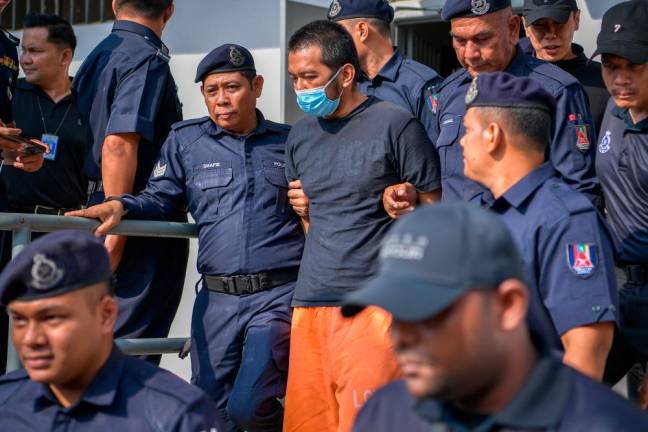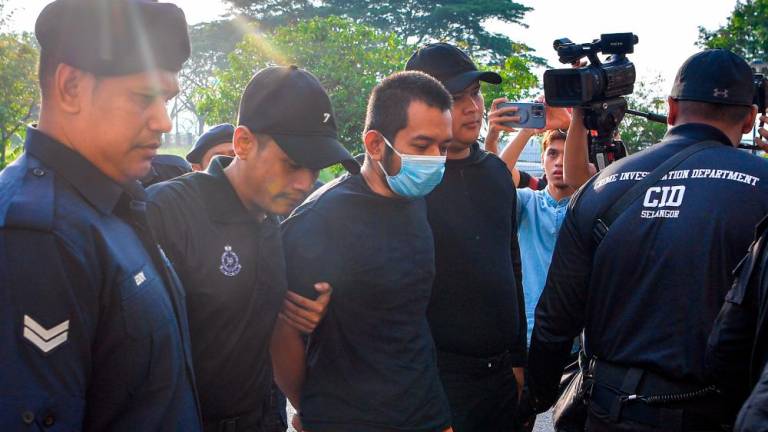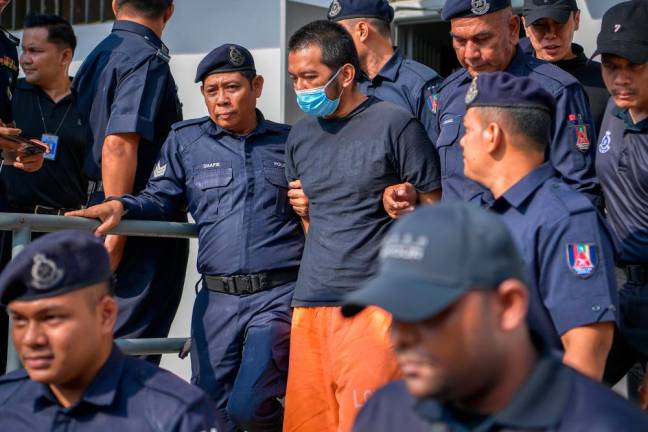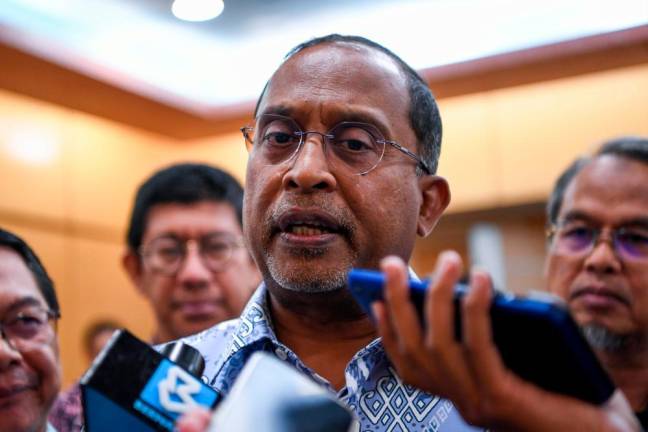NOBODY should be denied the right to participate in any democratic process and this includes the right to vote. One of the most critical ways individuals can influence governmental decision-making is through voting.
In every democratic society in the world, voting has become an important instrument for the society to determine their own fate and the fate of their nation. Without voting rights, a country cannot regard itself as being democratic.
Furthermore, the life and future of everybody will also be affected. Thus, it is vital for people to be given a right to vote.
Voting rights have evolved significantly from ancient times during the Greek and Roman Empire, where the right to vote was only given to a certain group of people.
Today, almost everybody has a right to cast their votes through the election process and select their own leader. A right to vote has also been considered part of basic human rights.
The Universal Declaration of Human Rights 1948 (UDHR), adopted unanimously by the United Nations General Assembly in 1948, recognises the integral role that transparent and open elections play in ensuring the fundamental right to participatory government.
Article 21 of the UDHR 1948 states that:
(1) Everyone has the right to take part in the government of his country, directly or through freely chosen representatives;
(2) Everyone has the right of equal access to public service in his country and;
(3) The will of the people shall be the basis of the authority of government; this shall be expressed in periodic and genuine elections, which shall be by universal and equal suffrage, and shall be held by secret vote or by equivalent free voting procedures.
The role that periodic, free elections play in ensuring respect for political rights is also enshrined in the International Covenant on Civil and Political Rights 1966, the European Convention for the Protection of Human Rights 1950, the Charter of the Organisation of American States 1948, the African Charter on Human and Peoples’ Rights 1981 (also known as the Banjul Charter) and many other international and regional level human rights conventions, treaties and documents.
Though the right to vote is widely recognised as a fundamental human right, this right is not fully enforced for millions of people around the world. Marginalised groups have been consistently denied their right to vote in many parts of the world.
Voting rights have also become an issue in Malaysia where young people between the age of 18 and 20 years are not allowed to vote.
The country’s highest law in the land, namely the Federal Constitution, under Article 119 clearly states that (1) every citizen who (a) has attained the age of 21 years on the qualifying date is entitled to vote in that constituency in any election to the Parliament or state legislative assemblies. This matter has also been confirmed firmly under the country’s Elections Act 1958 [Act 19].
The fact that those who are above 18 years old and below 21 years old have been denied their right to vote has been subjected to many debates in the country.
Many politicians, including youth in the country, have raised their voices of resentment and dissatisfaction on the matter.
It is worth noting that the country’s Federal Constitution has been drafted a long time ago, in the 1950s, before the country gained its independence in 1957.
The Federal Constitution was prepared by taking into account the surrounding circumstances at the time when it was being drafted, which is totally different from the modern world we live in now. There are many issues in today’s world which demand active participation of the youth in many aspects of life, including in the country’s politics.
As such, to exclude a certain group of youth over the right to participate in a democratic process is not only detrimental to the youth’s future but also to their basic human rights.
When the country changed governments during the 2018 general election, the then new government had initiated a bill to amend the Federal Constitution and lower the minimum age to vote.
The Constitution (Amendment) Bill 2019, or widely known as the Undi 18 Bill, was finally passed by the Parliament in 2019.
The amendment bill lowers the voting age from 21 to 18.
The process to seek support from elected representatives for the Constitution (Amendment) Bill 2019 is by no means easy. Each member of Parliament (MP) has different views and opinions when the proposal to lower the voting age was being highlighted.
A majority of the MPs (at that time) supported the voting age to be lowered. However, the opposition MPs emphasised on the issue concerning the automatic voter registration.
Syed Saddiq Syed Abdul Rahman, MP for Muar and the initiator of the Constitution (Amendment) Bill 2019 to lower the voting age had to meet with opposition leaders to seek their opinions and support for the bill.
Only with bipartisan support from the government and opposition members, the Constitution (Amendment) Bill 2019 was finally approved. The passing of this bill received positive feedback from the society, especially from the youth.
Many benefits can be achieved when the country allows more youth to come forward and join the democratic process. The effort taken to lower the minimum age for voting should be welcome by everyone, as this would strengthen the democratic environment in the country.
Young people in the country should be recognised as those who can choose and decide the fate and future of the country. Almost all countries in the world have recognised the right to vote for their youth.
Finally in 2019, Malaysia followed in the footsteps of world democracy. Thus, the government of the day should uphold the decision taken by the government and the opposition back in 2019.
The Election Commission has also expressed its commitment to implement the amendment bill, latest by July 2021. Let us give our youth the right to vote!
Dr Muzaffar Syah Mallow, Associate Professor, Faculty of Syariah & Laws, Universiti Sains Islam Malaysia and YB Syed Saddiq Syed Abdul Rahman, Member of Parliament, Muar
Comments: letters@thesundaily.com











